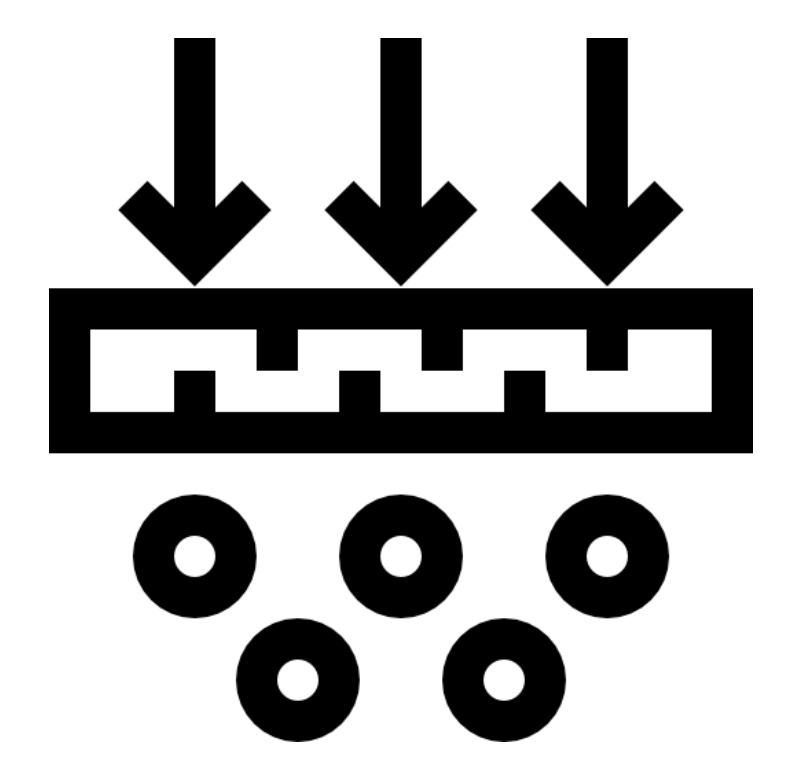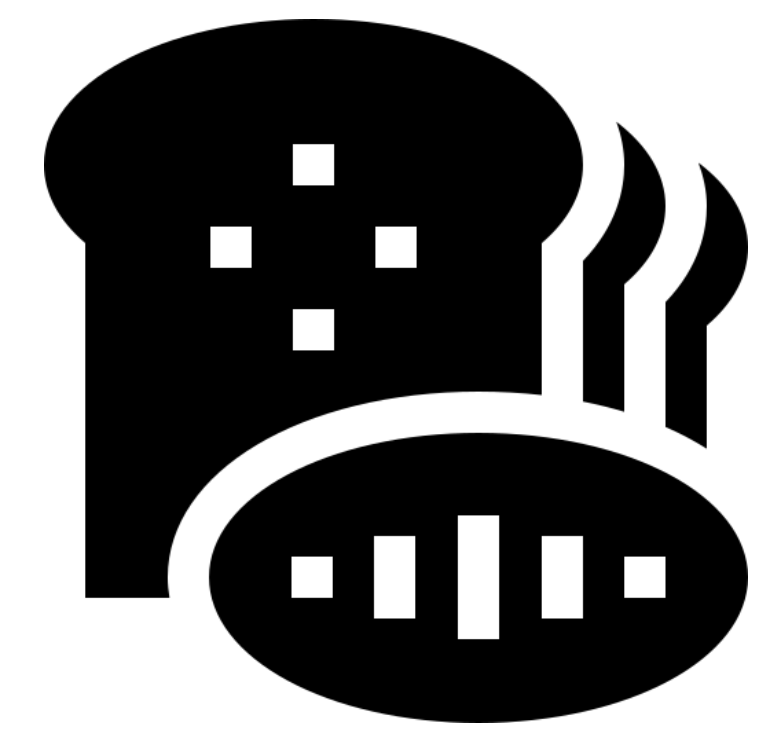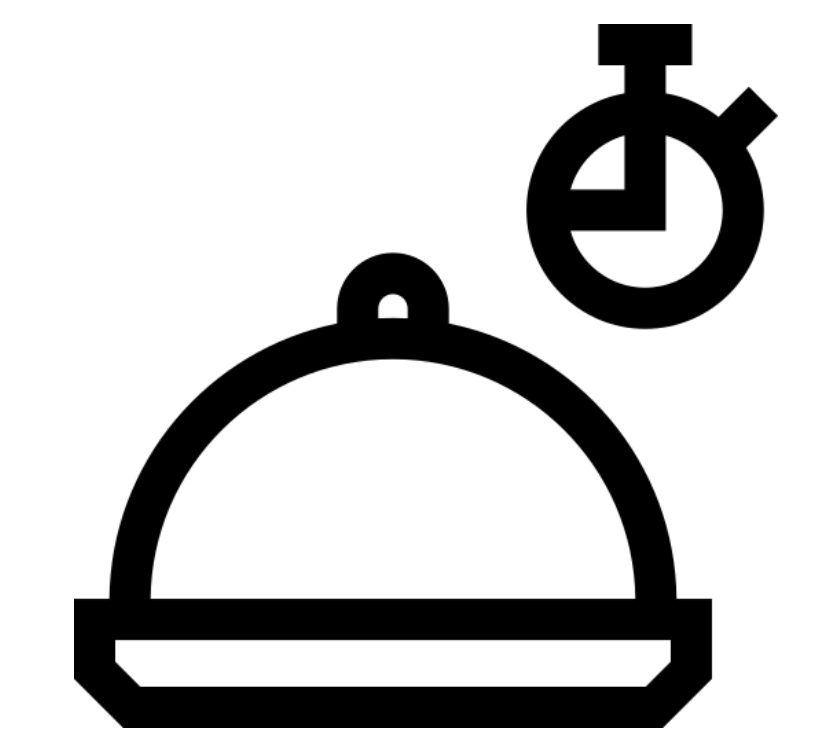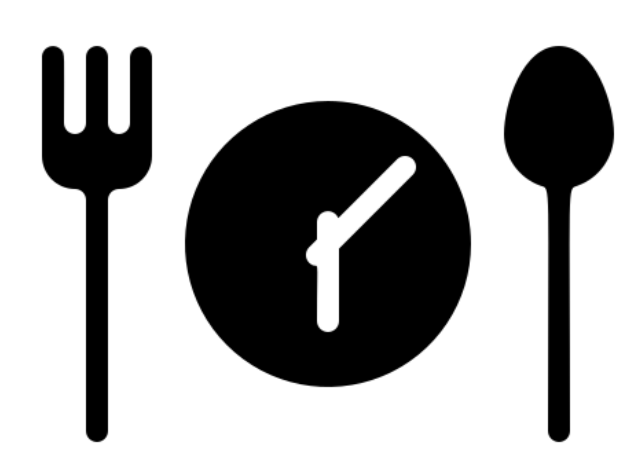
What Should I Eat on My Night Shift?
Working night shifts, especially in demanding roles like nursing, often means battling fatigue, irregular hunger cues, and the temptation of vending machine snacks. The challenge isn’t just about staying awake—it’s also about protecting your gut and energy systems from the build-up of toxins that comes with disrupted eating patterns. This is where good planning, smart nutrition, and occasional resets with Flush GBI can make all the difference.
Plan Ahead for Gut-Friendly Meals
Late-night fast food and processed snacks are often high in additives and low in nutrients, leaving your body sluggish. By planning meals in advance, you can avoid this cycle and keep your gut balanced.
Batch-cooked options like lentil soups, quinoa bowls, or vegetable stir-fries are ideal—they provide protein, fibre, and micronutrients without overloading your system. Foods that digest cleanly help reduce the toxin load that can otherwise build up during night shifts. And when digestion feels heavy or irregular, a reset with Flush GBI supports your system in flushing out waste and restoring clarity.
Stay Hydrated, Not Overstimulated
Water is your ally during a shift. Dehydration makes your body work harder, adding stress to the digestive system. Aim to sip throughout the night, adding lemon or cucumber slices for variety. While coffee is a common crutch, too much caffeine late in the shift can disturb sleep and increase gut irritation. A cleaner approach is to stay hydrated and allow your body to recover naturally, with Flush GBI helping clear residual build-up that can worsen fatigue.
Eat Regularly, Don’t Skip
Irregular hours often mean irregular meals. Skipping food for too long can slow your metabolism, leading to overeating later or making you reach for sugar-heavy snacks. Instead, aim for smaller, balanced meals at steady intervals—think overnight oats, hummus wraps, or baked sweet potatoes with beans.
Regular, lighter meals keep digestion steady and reduce the strain that contributes to toxin accumulation. Pair this approach with periodic cleansing, and you’ll help your gut reset instead of overloading it.
Smarter Snacking for Sustained Energy
Night shifts often bring sugar cravings—but reaching for cake and chocolate leads to spikes, crashes, and gut sluggishness. Instead, go for fibre-rich and protein-balanced snacks:
-
Apple slices with nut butter
-
Hummus with vegetable sticks
-
Greek yogurt with berries
-
Homemade energy balls (oats, nuts, and dark chocolate)
These provide lasting energy without the heavy toxic load of refined sugar. Still, even with better snacking, long-term shift work can create digestive build-up—which is where Flush GBI supports cleansing and renewal.
Movement & Rest Are Non-Negotiable
A short yoga flow, stretching, or a brisk walk before your shift can energise you and aid digestion. Just as important is prioritising sleep once you’re home. Poor rest increases cravings for sugar and ultra-processed foods, which feed gut imbalance. Supporting your rest and digestion with a Flush GBI cleanse every so often helps your system reset and stay resilient against the wear and tear of shift work.
Final Thought
Nutrition on night shifts isn’t about perfection—it’s about protecting your energy and reducing toxic build-up in the gut. By planning meals, hydrating well, choosing fibre-rich snacks, and supporting your digestive system with Flush GBI, you’ll be better equipped to stay sharp, balanced, and energised through even the toughest nights.


























